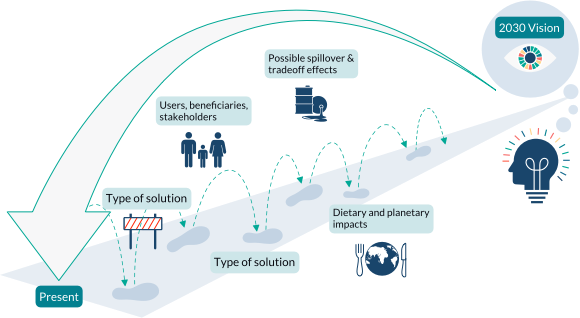Satellite Tracking of foreign vessels in local communities' waters

Description of the innovative solution
As fish resources are dwindling, local communities from developing and emerging economies are experiencing a decline in fish protein due in part to international fishing vessels outcompeting them. This innovation proposes to track and identify infringing vessels through satellite imagery, complementing the Global Fishing Watch. Fish can be a sustainable and healthy protein, but without identifying the proper culprits for overfishing, many fisheries will be condemned to becoming extinct. This technology can help for people to quickly spot vessels that are not supposed to be fishing in certain...
As fish resources are dwindling, local communities from developing and emerging economies are experiencing a decline in fish protein due in part to international fishing vessels outcompeting them. This innovation proposes to track and identify infringing vessels through satellite imagery, complementing the Global Fishing Watch. Fish can be a sustainable and healthy protein, but without identifying the proper culprits for overfishing, many fisheries will be condemned to becoming extinct. This technology can help for people to quickly spot vessels that are not supposed to be fishing in certain areas. This technology, along with other practices, can help to curb the amount of illegal fishing that is done.
Examples and additional resources
Real-world examples
See this solution in action in different contexts and settings around the world
Catapult Satellite Applications
Additional resources
Learn more about this solution through studies, articles, business cases, and other information
Global Fishing Watch information
Contacts
Connect to others working on and with this solution around the world
Pathways to uptake
Engage with our “backcasting tool” to imagine and design “pathways to uptake” for this solution in your setting.
This process involves defining a future vision of this solution being used in your context, and then working “backwards” to identify necessary steps to achieve this vision by 2030. Going through this exercise as an individual or with a team can help to clarify the WHAT/WHEN/HOW of moving a solution (or package of solutions) towards having major impact. We hope these pathways will inspire outside-of-the-box thinking, creative approaches, and actionable concrete steps to move ideas into action.
Pathway builder
Explore pathways for this solution
Be the first one and add a pathway for this solution!